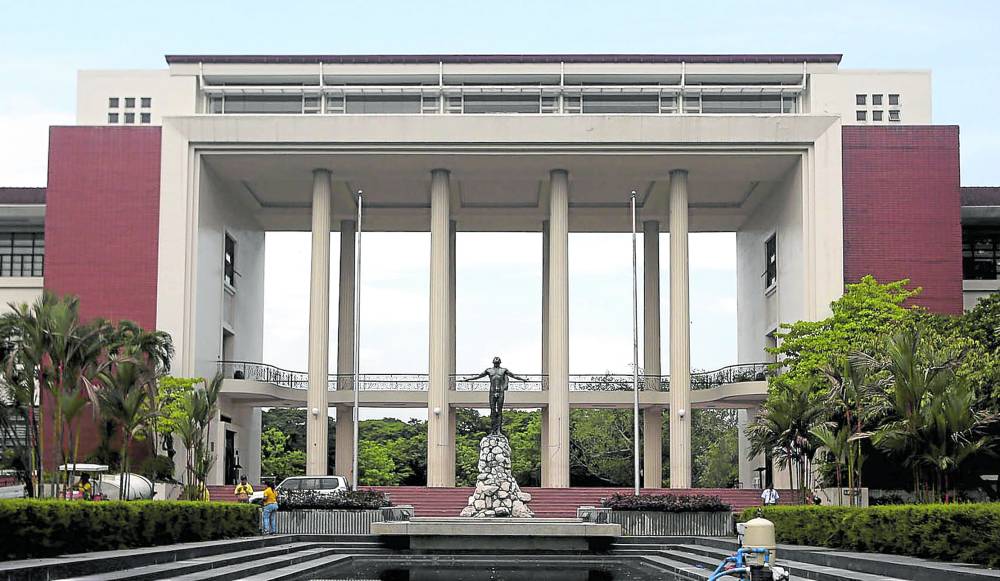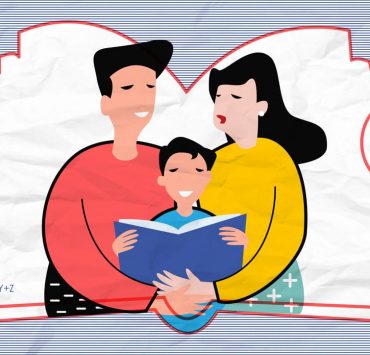Is UP fulfilling its mandate?

One hundred pesos per day is not enough to survive on campus as a self-sustaining student from the province who relies on scholarship grants. The University of the Philippines (UP) offers various scholarships—from affordable dormitories to monthly stipends—that can inspire an ambitious child of a farmer like me to leave home and study at the country’s top university.
However, these privileges are also accessible to wealthy students under UP’s current policies, sparking debate over whether the “burgis” deserve a spot in the university.
In the Philippine context, the term “burgis” refers to social elites who live comfortably, are often shielded from economic crises, and can afford tuition fees at other top universities.
Why are there wealthy students in UP? The presence of wealthy students in UP raises questions about the university’s role as a state university. While UP’s admission policies do not explicitly discourage well-off students, some argue their presence contradicts the university’s mission to serve the masses. But should wealthy students forgo their slots for less privileged ones? If we were in their position, would we give up our UP dream and choose other universities just to make space for others? The issue isn’t about blaming these students but rather about fairness in a system that allows them in. Besides, slots at UP are not reserved for any socioeconomic class; they are awarded based on merit.
Yet, wealthier families have the financial means to attend other prestigious universities. To promote inclusivity, we must acknowledge that rich students still have the right to attend UP. Instead of faulting them for their privilege, the solution lies in reevaluating UP’s admissions process. Reviewing policies—or even considering the abolition of the UPCAT (UP College Admission Test)—is timely. Current data show that students from private schools, generally wealthier, have a higher chance of passing the UPCAT than less privileged students.
Is UP or the UPCAT to blame? Not necessarily. It is not impossible for economically disadvantaged students to pass the UPCAT, but we must recognize that wealth offers advantages that increase admission chances. UP could adopt more inclusive policies, like program-specific criteria or considering household income, to ensure a fair chance for all without excluding the rich but by expanding opportunities for the poor. The goal is not to remove opportunities from one group but to provide more to those who need them most.
As the national university, UP has a mandate to offer greater opportunities to Filipino students regardless of their socioeconomic status. Its prestige makes it a vital institution for students who cannot afford higher tuition fees elsewhere. This inclusivity levels the playing field and allows students from low-income households to achieve the same success as their wealthier peers. Given UP’s role in developing future leaders, it is essential that it supports underprivileged students in building successful careers. It is due time that UP adopts a more inclusive, equitable, and progressive admissions policy.
A deeper look at quality education. The question of “Why UP?” boils down to the quality of education. UP should maintain its rigorous standards; it should not lower them for inclusivity. However, fairness and equality in the admissions process are crucial to maintaining high standards while ensuring a just selection process.
We must recognize that many UPCAT passers come from private schools with better resources. This doesn’t mean public school students lack competence, but that UP’s admissions process favors the more privileged. This points to a larger, systemic issue: the government’s responsibility to provide quality education across all sectors. Public school graduates must receive an education on par with private schools to compete equally. Quality education should also extend to local colleges and state universities. While some schools will inevitably be more prestigious, all universities should strive to offer excellent outcomes—such as high board exam passing rates, strong job prospects, and meaningful contributions of their graduates to society—as more valuable measures of success.
In a country marked by stark inequalities, UP’s admissions process should bridge gaps, not reinforce them. As the institution that has produced countless leaders and changemakers, UP must now ask itself: Are we doing enough to honor our commitment to the Filipino people?
—————-
MJ Villanueva, a digital librarian and magna cum laude graduate of the University of the Philippines, is an advocate for intellectual freedom and libraries who writes about inequalities in rural communities.

















